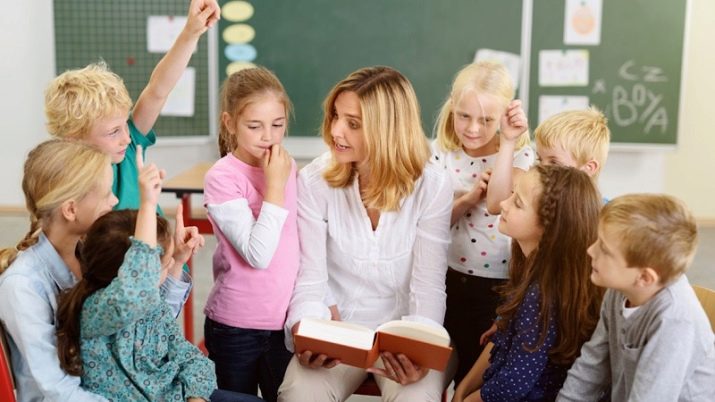What should a teacher be like? Features of the profession, responsibilities and competencies

Pedagogy is one of the oldest and most venerable fields of activity. But those who want to associate themselves with it will definitely have to take into account the basic features of the profession. It is also important to find out what the duties of a teacher are and what competencies one must have.
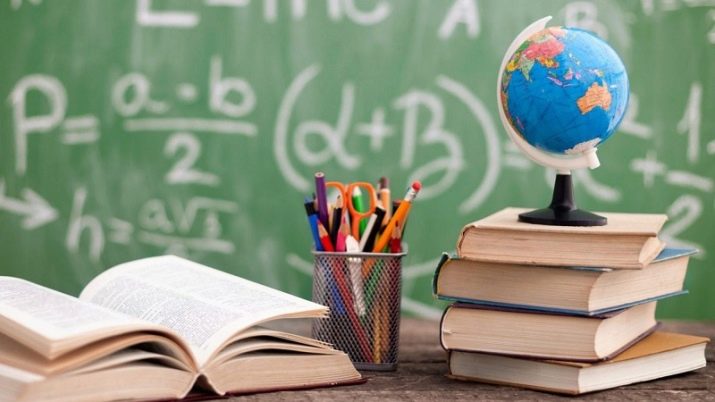
Peculiarities
As in any work, the teacher's activity has a number of unique specific features. The most important feature can be considered that it is closely related to the activities of the trainees, and even, moreover, is almost completely determined by this activity. Further, it is worth considering that the teacher always acts in accordance with the goals and objectives of a particular society, with the dominant ideological attitudes in it. Giving a definition of the profession of a teacher, it can be said that this is a person who gives other people knowledge and skills, helps to increase their intellectual and moral level.
Therefore, when describing the activities of a particular teacher, the main attention is paid to precisely that how expedient, effective and in line with social norms are the activities of the people trained by him. Figuratively speaking, a good teacher can hardly have professional criminals and similar antisocial elements as “products”. But it is impossible to fully characterize the result of teaching work at once. It is revealed as deeply as possible only after 20-30 years.
At the same time, the originality of pedagogy is also in the fact that people employed in it involuntarily display their traits in their students and pupils. Even in older adolescence, the element of imitation is great. Another caveat - the teacher is more busy than many other professionals.
Even if outwardly his work itself takes a little time (which is a great rarity today), then it is not so easy to delimit work in a broad sense from leisure.
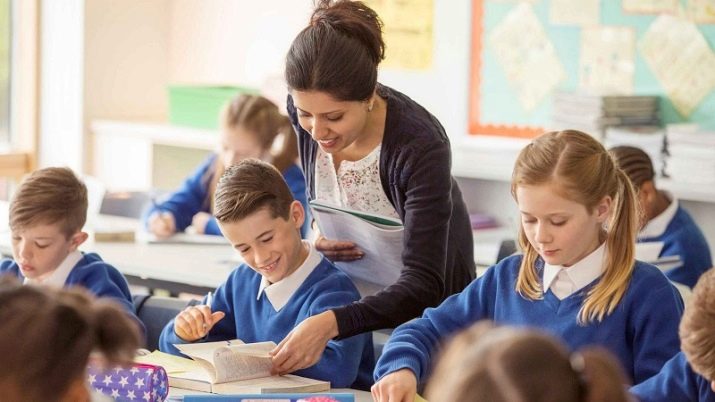
Frequent motives for choosing a profession
It should be noted that quite a few successful teachers have dreamed of such work practically from childhood. And those who have shown such determination, retained their original motivation, turn out to be almost the best in the profession. Others are inspired by the example of teachers they encountered in school. There is another option - someone is fond of a certain direction in knowledge (physics, literature, and so on) and seeks to convey their knowledge to other people, to attach them to their hobby. It is these answer options that are most often given by practicing teachers.
There are also other motives:
- continuation of the family professional dynasty;
- craving for communication;
- striving to make the world a little better;
- the desire to be in contact with children;
- a sense of the "original calling";
- random choice (and not always, by the way, such people work poorly and ineffectively, many are "drawn in").
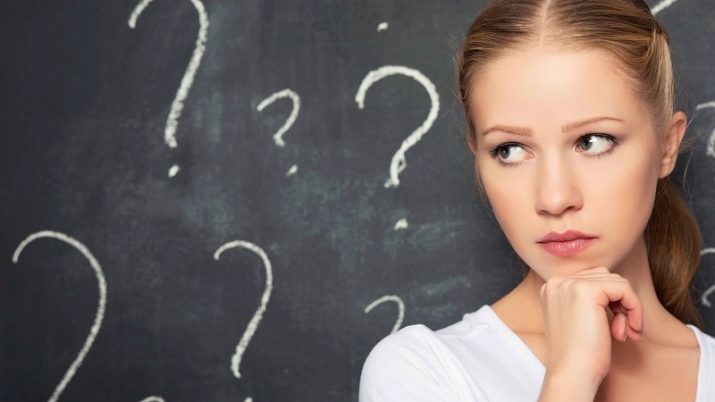
Advantages and disadvantages
The positive and negative aspects of the teaching profession are closely interrelated, they are logical continuation of each other.... For example, this work is popular with sociable people who easily find contact with children. But just to interrupt the conversation, to reduce the level of communication (even if you need to rest at some point) will not work. The stable prestige of the teacher in society also means an increased level of expectations. Many parents, alas, in general, try to shift their own responsibilities to the school.
And unlike many other professions, it is impossible to refer to any formal rules, protecting yourself from such claims. It is still impossible to ignore the moment that teachers today work much more intensively than before. But they cannot count on special material well-being, with rare exceptions. At the same time, the behavior of children does not always correspond to the norms of decency. Many excesses have to be tolerated involuntarily.
It should also be noted:
- lowering the authority of teaching (and not only in Russia);
- increased "paper" load;
- excessive bureaucratization in the education system.
At the same time, the professionals themselves name such advantages of their work as:
- long vacation;
- good work schedule;
- official employment;
- opportunity to prove yourself;
- placement in a special office (although this does not apply to all teachers).
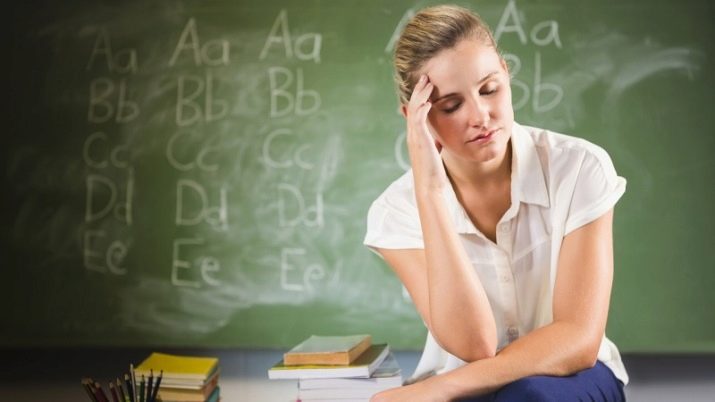
Necessary qualities
It is quite logical that the teacher is expected to be competent in his field of teaching. But no sphere, even the same mathematics, stands still. And therefore, those who are not ready for self-development have nothing to do in the profession. Another very important factor is communicative competence. It is understood that those possessing this quality are not just “ready to communicate freely”. They:
- can clearly predict the development of any situation in communication;
- know how to push the conversation in the way they need it;
- fully understand the motives and content of actions, the words of the interlocutor (even if they absolutely disagree with him).
Anyone who “goes out and reads a text from a piece of paper” is not a teacher. Only those who have the right to call themselves a teacher who knows how to put an imprint of their own personality in the disseminated knowledge. Also important are:
- maintaining self-control even in the most difficult situation;
- humanistic attitude;
- self-discipline;
- the ability to develop discipline among students;
- respectful communication;
- the ability to admit their mistakes and correct behavior.
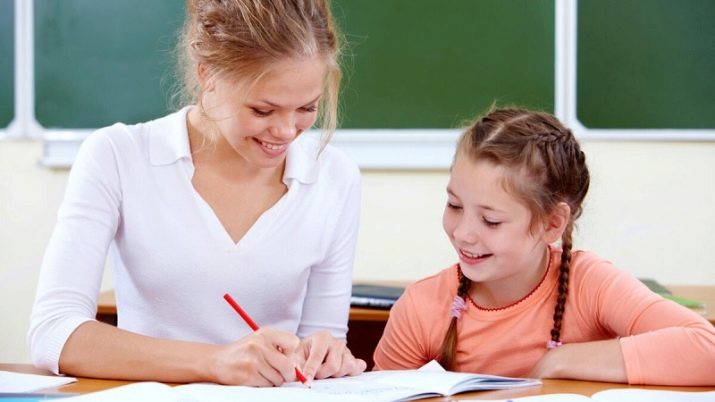
Specialties and types
The types of school teachers are quite diverse, and at the same time it must not be forgotten that many work outside of mainstream school. So, the teacher preparing for school is becoming more and more relevant these days. Already in the first grade, the requirements are steadily growing, and the previous skills taught in the family and kindergarten are far from always enough. Wherein you have to work with preschoolers even more carefully and more carefully than with younger students. In kindergarten, a preschool teacher we have to build on the professional standard and the Federal State Educational Standard.
Do not confuse pre-school educators with early development teachers. These are, albeit close, but different specializations. Early development involves working with children 0-3 years old. It is designed to:
- to acquaint the child with the peculiarities of the world around him;
- help him understand the shapes and properties of various objects;
- take into account the efforts made in the family;
- help parents correct early developmental mistakes or avoid them altogether.
The situation is different for teachers of the highest category. These are school teachers who know how to identify their students' creativity and other abilities.
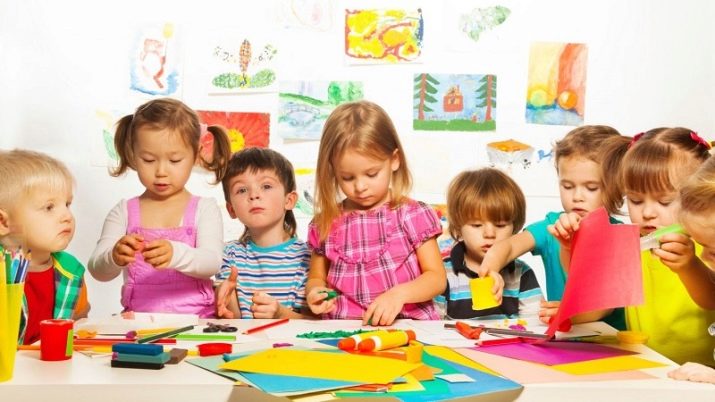
It is on this aspect that the orders for the allocation of pedagogical categories focus. Also required:
- personally contribute to the improvement of teaching professions;
- know perfectly the existing educational technologies and improve them based on their own experience;
- help other teachers in methodical work;
- to deliver the best learning outcomes in their class (standing out in school and even in a district, city or region).
Particularly worth highlighting is the primary school teacher. This is practically a "universal", because the division into specific objects is absent or manifests itself rather weakly. Teacher will have to be responsible not only for education and upbringing in the narrow sense, but also for the leisure of schoolchildren... (It is assumed that at an older age they can already plan their own leisure time). An important role is played by whether it will be possible to unite the class, motivate students to acquire knowledge.
It is the impressions received in elementary school, precisely the motivations developed (or not developed) in it, that largely predetermine the further course of learning. But both "subject students" and primary school teachers could not work normally if there was no teacher-librarian.
It used to be thought that only library training was needed to lend books to students. Recently, the bar has increased and a new profession has emerged as a result.

The pedagogical component in it is associated with what is needed:
- orient children in the information space;
- encourage and develop readers' interest on their part;
- turn the school library into an additional channel for socialization and assimilation of socially significant skills and values.
The profession of a labor teacher is underestimated, alas, by many people. But a condescending attitude towards her is completely inappropriate. Today, such work involves mastering a wide range of modern technologies and information tools. A good teacher tries to form an appropriate technological initiative in his students... What is no less significant on his efforts their future attitude to safety in the workplace depends.
Separately, it is worth dwelling on such specialization as a teacher of social studies. Contrary to traditional belief, this is a very difficult discipline. To teach it, you need to know history and psychology, political science and the foundations of law, cultural studies and philosophy. Knowledge of sociology and anthropology, political geography, economics will also be absolutely useful. And in all these areas it is very important to maintain the current level of knowledge.
And the activity of an acting teacher deserves special attention. The purpose of his activities is so that students can effectively (and effectively, expressively) create stage images, role-play. You will have to understand thoroughly the stage speech and stage movement. Without this knowledge, teachers themselves will not understand where their pupils make mistakes, and how these problems can be corrected.
Important: not just individual skills are developed in professional activity, but the ability to think, as befits an actor.
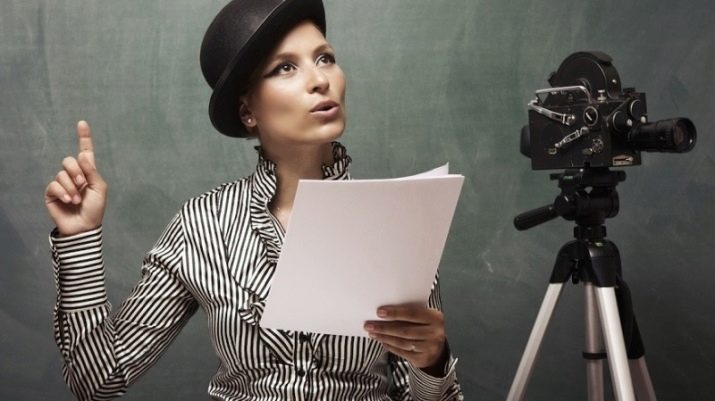
Job description
It is this document that shows the main composition of the duties and functions of a teacher in a specific position. The instruction is developed and approved by the management of each educational organization separately. But the typical level of requirements implies knowledge:
- the constitution of the Russian Federation and other basic legislative acts;
- international human and child rights standards;
- laws on education;
- topical federal state educational standards;
- current orders of authorized state bodies;
- basic teaching methods;
- key pedagogical methods and approaches, nuances and conditions for their application;
- an accessible set of tools and training tools;
- labor protection standards, safety measures.
Job descriptions always prescribe to whom a particular teacher is subordinate. His immediate supervisor is usually the director or head of the educational department. But in private educational institutions, their own rules can be established. More often than not, the job description sets out exactly what the teacher is doing. In general terms, the set of his duties looks like this:
- training and education in accordance with the specifics of the subject;
- implementation of the educational program;
- systematic professional development;
- flexible use of teaching tools and methods.

What should a teacher be like?
Personal qualities
Such a specific activity as teaching places very high demands on the personality of a professional. So, he should have an impeccable command of the culture of speech and strictly observe it in communication with students. This is important even in the event of a conflict - and, perhaps, in the event of a conflict, it is especially relevant. In this case, you need to be prepared for the fact that communication styles among students will not always meet the same requirements. Therefore, mastery of all levels and layers of speech turns out to be an unobvious, but quite logical nuance.
The modern teacher is both different from the one that was 100 or 300 years ago, and is somewhat similar to him. After all, such qualities as naturally remain important:
- purposefulness;
- curiosity;
- the ability to establish contact with a wide variety of people;
- artistry;
- flexibility of behavior;
- adherence to principles;
- the ability to take responsibility;
- sensitivity;
- correctness;
- motivation specifically for teaching.
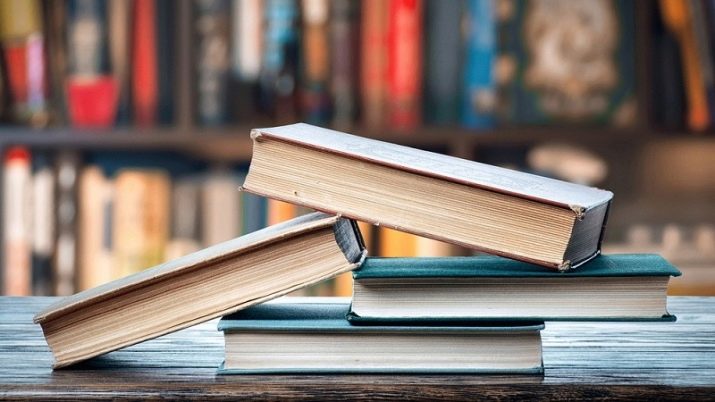
Professional skills and knowledge
The key competencies of a teacher are:
- the formation of the personality of trainees;
- instilling in them high civic and human qualities;
- didactic processing of available information;
- the use of technical teaching aids;
- competence in the current state of their field of knowledge or skill.
Professional ethics
Maintaining the image of a profession is unthinkable without an ethical component. And the teacher's ethics is dictated by humanism, the idea of other people as an end, not a means. Not a single step or even a word should be misunderstood, misunderstood. Roughness is categorically unacceptable, especially violence against anyone; you also cannot be servile and make a deal with your conscience.
This is easier said than done, and yet these are the criteria for a true teacher.
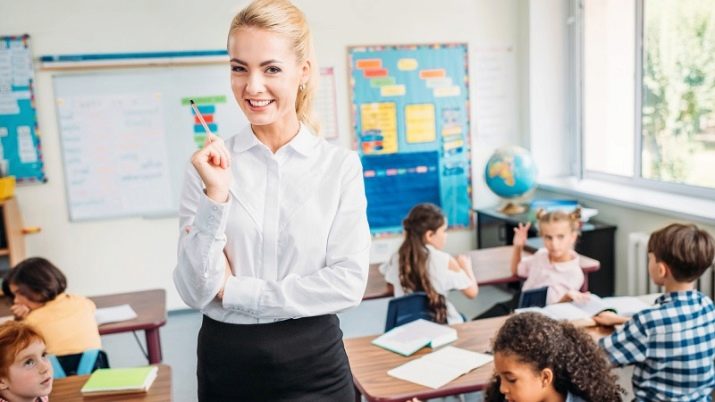
Education and career
To have good prospects it is imperative to get a higher pedagogical education. The days when a teacher could be limited to an average level of training are long gone. It is recommended to choose the largest state-owned universities with an appropriate training area or specialized pedagogical universities. Useful also focus on the ratings of educational institutions... The result of a teacher's career can be the position of a director (leader), an employee of the education department, or the founding of your own educational institution.
Categories
In Russia, the professionalism of teachers has a clear regulatory framework. They are assigned one or another qualification depending on personal achievements. The qualification requirements are constantly changing, and all that remains is to keep track of their current version. In general terms, at the end of the 2010s, this system looks like this:
- after graduation - a young specialist;
- suitability for the position held (for everyone who does not have a special category);
- first category;
- the highest category.
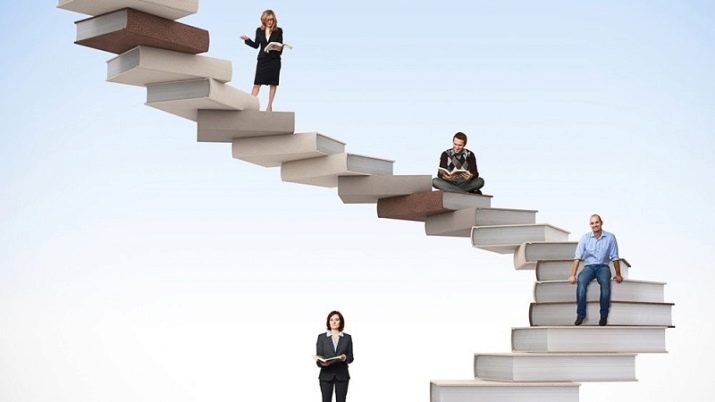
average salary
On average in Russia, school teachers receive from 20 to 60 thousand rubles... If we talk about Moscow and to some extent about St. Petersburg, then the lower bar is no different there, but the upper one is raised to 200 thousand rubles. But it is important to understand that specific teachers earn very different amounts. In addition, the national average level is also derived taking into account the regions where the northern coefficient is set.
On average, a beginner teacher without much experience can receive no more than 25-28 thousand rubles. And information about salaries in private schools is generally almost impossible to find in open sources.
Advice
It doesn't make much sense to recommend experienced teachers. But those who are just starting to work or who are going to master this profession need to take into account a number of subtleties and nuances. So, despite all the talk about new technologies and educational approaches, the decisive guarantee of success is the ability to find contact with students, to interest them. This is what a novice teacher should think about in the first place, and not about knowledge of software, foreign languages, or "an original theory from the cutting edge of science." And you can find the necessary starting point in the works of the great teachers of the past, even of the past centuries.
Their reflections remain relevant and can and should be applied to contemporary reality. It is very important that each lesson is different, so that the students wait for the next lesson. This is the highest level of motivation. It is not easy to achieve it - but if the goal is achieved, the lesson itself will go much easier. But there are other subtleties as well.
Good teacher:
- gives the class its own thinking strategy, and not ready-made templates;
- always sets clear goals;
- every day it improves and moves forward;
- analyzes the strengths of students and builds on them;
- skillfully uses statements that are provocative in form to interest;
- joins forces with other teachers;
- studies the experience of other teachers and the latest theoretical developments;
- every time heading to the door, he asks himself "has everything that was possible been done."
